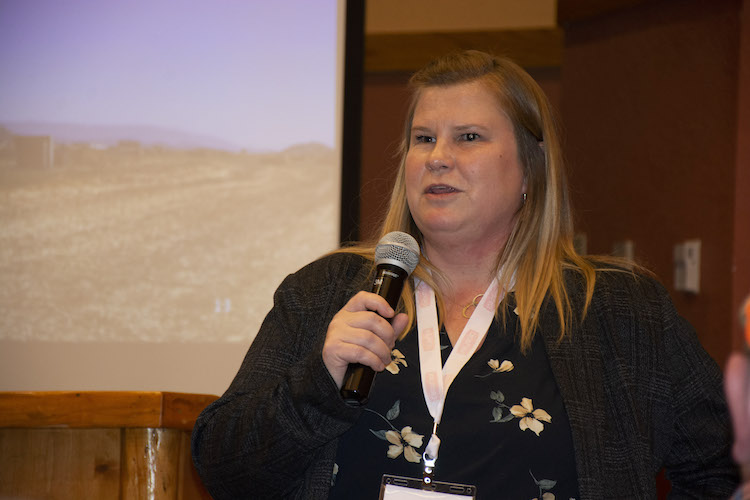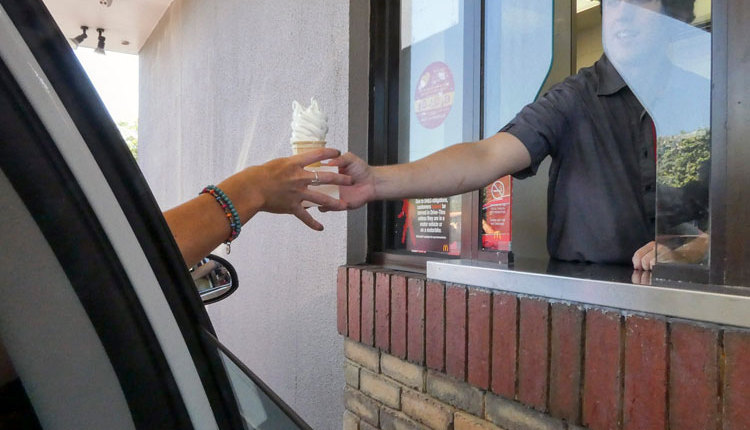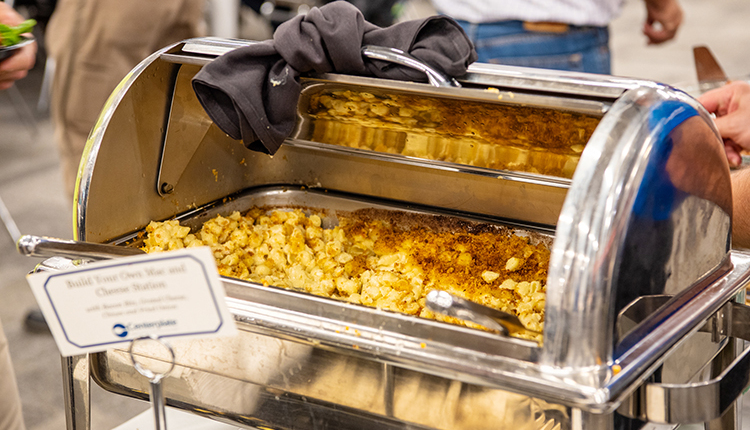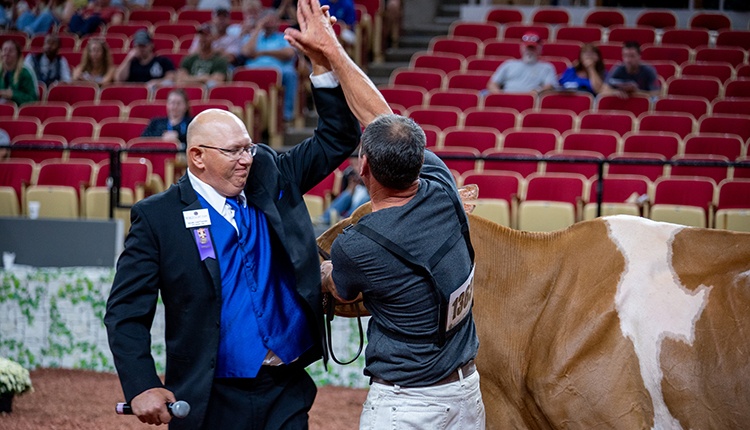
The strong work ethic reputation that farm kids carry most often comes from job responsibilities that began at a young age. Whether they were on a payroll or not, many children who grow up on farms are working and helping support their family and their business long before most other youth are holding down their first job.
The lessons teenagers learn through those initial jobs can help set them up for future success as an employee. One agricultural company in Oregon feels so strongly about this that they shape their business model around hiring youth.
Macey Wessels, co-owner of Boshart Trucking, shared their employee philosophy during a pair of presentations at the Midwest Forage Association’s annual symposium. Wessel and her friend and business partner, Shelly Boshart Davis, bought the business from Shelly’s parents, Stan and Lori Boshart, five years ago.
Boshart Trucking works with local growers and has multiple baling teams to make straw and then transport it from the field to storage. The business also includes PressCo, a pressing facility that compresses the straw into bales. The third leg of the business stool is BOSSCO Trading, which sells and ships straw to international customers.
“Employees are the key to our success,” said Wessels. Between their operations they have about 25 year-round employees, plus they hire another 35 employees for the busy summer season when they need to bale about 20,000 acres of straw in just six weeks. Most of these temporary employees are youth who have never had a job before.
“We get special permits to be able to hire kids,” Wessels explained. “We do not do it because it is easy, and we do not do it because we can’t find other labor. We do this because we believe we are doing something right for our community.”
Young workers that apply to work for them experience a real job interview, and when hired, they learn about running tractors and all the steps that go into baling straw. “Most of the kids that work for us have never been on a farm,” Wessels shared. She said by joining a baling team, they see firsthand that if the baler is not doing a good job, that hurts the stacker, and so forth. “They learn that every link in our chain affects the next person,” she said.
When hiring youth employees, Wessels said they must schedule around family vacations, sports practices, camps, and the like. They also need to communicate with parents who probably never experienced this type of work themselves.
Boshart Davis is the one that manages part-time employees. “It’s a lot of work; it’s a huge puzzle,” Wessels said. “But it is something we believe in.”
Both women can see the benefits of hiring youth employees firsthand. Between the two of them, they have four daughters from the ages of 14 to 21 working for them. “It’s amazing working beside your kids,” Wessels said. “It is so fun to see the work ethic they have from it, and how they feel part of something.”
Wessel feels that there are opportunities in agriculture for people who continue to work hard and think outside the box. These two ladies have done that as they grow and evolve their business, and perhaps the youth who work for them will build a foundation that leads them to an occupation in agriculture. But no matter what career path they follow, summers spent on the baling crew will likely leave them with lifelong lessons and a few memories.

The author is the senior associate editor and covers animal health, dairy housing and equipment, and nutrient management. She grew up on a dairy farm near Plymouth, Wis., and previously served as a University of Wisconsin agricultural extension agent. She received a master’s degree from North Carolina State University and a bachelor’s from the University of Wisconsin-Madison.








